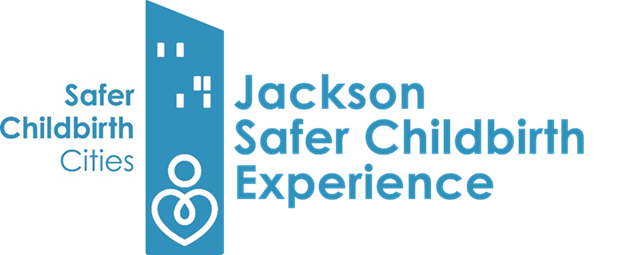Project Goals
Goal 1: Reduce unnecessary cesarean births
Among all 50 states and D.C., Mississippi has the:
Highest total cesarean rate
Highest primary cesarean rate
Highest repeat cesarean rate
Highest NTSV cesarean rate
Highest percentage of patients with a previous cesarean birth
A study published in the Green Journal in 2019 showed that cesarean rates can be reduced rapidly at scale with no evidence of worsened birth outcomes for mothers or neonates by following American College of Obstetricians and Gynecologists and Society for Maternal-Fetal Medicine guidelines to reduce primary cesarean delivery and providing patients with enhanced labor support.
Goal 2: Enable community-based support to pregnant and postpartum women through specially-trained doulas
Doulas provide continuous physical and emotional labor support, information and advocacy on behalf of families
26 randomized trials tested the effects of continuous labor support on more than 15,000 people giving birth. Overall, people who receive continuous support are more likely to have a normal vaginal birth and less likely to have pain medication, negative feelings about childbirth, and cesarean births.
Doulas help with the provision of evidence-based enhanced labor support and optimize a woman’s chances of having a planned vaginal birth.
Goal 3: Decrease adverse maternal health outcomes associated with cardiovascular disease (CVD)
Cardiovascular conditions and hypertensive disorders of pregnancy were the two most common causes of pregnancy-related death in Mississippi.
We will leverage state and community resources to disseminate educational materials and conduct learning events annually on CVD.
Goal 4: Collect and disseminate data on the impact of the project
We will:
form a Steering Committee to provide data recommendations, assist in establishing project baselines and to monitor progress.
identify measures and indicators based on Medicaid claims data and disseminate the data.
collect and report appropriate process data on all meetings, trainings and other activities.
create and distribute three reports or articles annually focused on data, system impact and personal stories/perspectives.




